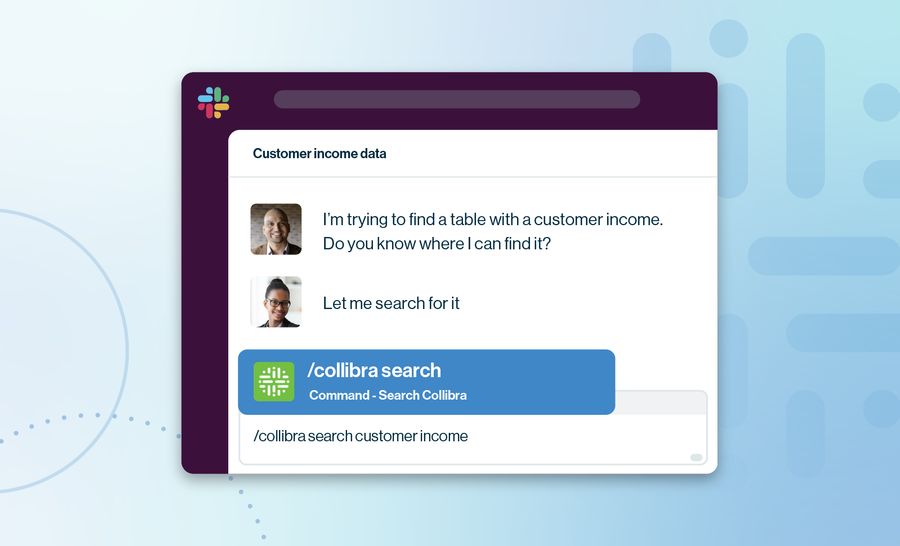Why IDMP compliance requires adaptive data governance

The regulatory landscape in life sciences is both complex and in flux. Pharmaceutical, biotech and medical devices firms, among others, must comply with a plethora of regulations. Virtually all regulations are updated periodically with amendments to existing guidelines or with new mandates introduced as add-ons. This requires every company to perform gap analysis to determine what is required and then update their systems, processes, workflows and data management strategy accordingly to ensure compliance.
Identification of Medicinal Products (IDMP) Regulation
Recently, IDMP is one such regulation that has undergone amendments. For instance, at the end of October 2021, the European Medicines Agency (EMA) communicated a change in the implementation strategy for IDMP, requiring a more agile and data-centric approach. EMA expects pharmaceuticals to submit product data in IDMP format with a mandatory effective date of Q1 2023.
IDMP requires all global vendors of medicinal products (pharmaceutical companies) that operate globally or in the European market to ensure that all submissions of product information follow a standardized data model with standard vocabularies and code sets. If companies do not comply, they can face hefty fines.
For instance:
- IDMP issued a set of ISO global standards designed to support the unequivocal identification and description of medical products throughout their entire lifecycle. This lifecycle – from research to production, marketing and pharmacovigilance – involves a complex and variable set of attributes and a range of systems across departments.
- To support global identification of products, the IDMP standard harmonizes key concepts, as well as their relations, meaning and attributes; this enables consistent terminologies, naming standards, and so forth.
- IDMP requires a robust data management strategy – including data cataloging, data governance and data quality – to ensure data integrity and transparency at scale. Moreover, like any regulation, pharmaceutical firms must adhere to stringent regulatory reporting stipulations that require comprehensive audit trails.
Regulatory authorities such as EMA require pharmaceutical companies to submit their product information in an IDMP-compatible way. This means that pharmaceutical companies need to adopt IDMP and govern their data to ensure:
- They can produce the required attributes and identifiers
- They can use the right value sets
- Their internal systems respect the governance and rules dictated by the standards, as well as the internal rules of the company
- Their submissions are controlled, to conform to the rules
Given the complexity of adhering to IDMP, it is not only an IT problem, but a business imperative that requires oversight by key stakeholders across all lines-of-business. This is where data cataloging and data governance come into play. Data cataloging and data governance help make data understandable and help to create a traceable process so teams can avoid the headache of many spreadsheets and scattered technical communication.
Moreover, it enables various stakeholders to collaborate with data. It gives data citizens (including line-of-business users, data stewards, data governance and compliance teams) end-to-end visibility into the data. Data citizens can easily locate data, understand where it resides, who owns the data and obtain detailed technical and business context on each data set.
How Collibra Data Intelligence Cloud can help
At Collibra, we work with leading life sciences companies including pharmaceuticals, biotech and medical device manufacturers to help them innovate with data. Our customers are using Collibra Data Intelligence Cloud to enable a plethora of use cases including regulatory compliance and reporting.
For instance, a major pharmaceutical company is using Collibra Data Intelligence Cloud to enact a comprehensive data governance strategy and develop a consistent data taxonomy that includes IDMP specific rules and guidelines.
They can perform gap analysis, visualize data flow and understand data dependencies. They can trace data sets from source to destination and report product data in a consistent data model, allowing for mapping, matching and merging of data sets across heterogenous data sources. With Collibra, they can ensure IDMP rules and guidelines are properly documented and reflected across their processes and systems with comprehensive audit trails for regulatory reporting purposes.
Next Steps:
I would like to recommend the following webinars where you will hear our life sciences and healthcare customers share their data journey and how they are innovating with Collibra:
The Journey to Data Intelligence in Life Sciences and Pharma – Genentech
Data Intelligence in a Modern Healthcare Organization – Mayo Clinic
Related articles

Data GovernanceFebruary 14, 2025
Why we are the data and AI leader for you

Data GovernanceJuly 28, 2025
Your new shortcut to trusted data: Collibra’s two-way Slack Integration

Data GovernanceMay 24, 2022
The journey to data catalog and governance success: A customer perspective

Data GovernanceOctober 12, 2023
Improved user provisioning leads to calmer seas and smoother sailing
Keep up with the latest from Collibra
I would like to get updates about the latest Collibra content, events and more.
Thanks for signing up
You'll begin receiving educational materials and invitations to network with our community soon.
